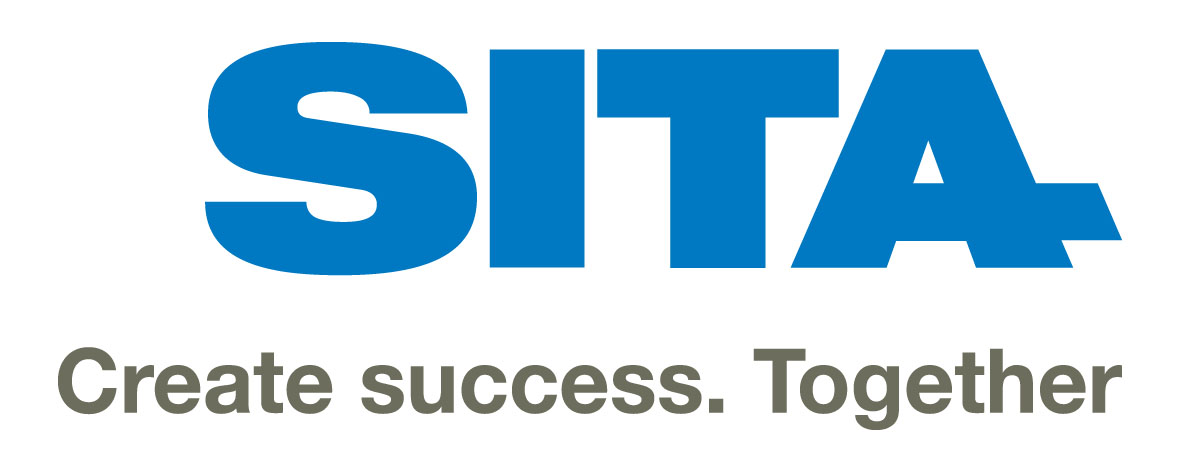 India is ripe for a “revolution” in the passenger experience as airlines and airports adopt new information technology by 2015, according to a report released by air transport IT specialist, SITA, and CAPA – Centre for Aviation. The report states that self-service, social media, mobile technology and business intelligence will increasingly define India’s air transport landscape as the country’s passenger traffic triples to an estimated 450 million by 2023.
India is ripe for a “revolution” in the passenger experience as airlines and airports adopt new information technology by 2015, according to a report released by air transport IT specialist, SITA, and CAPA – Centre for Aviation. The report states that self-service, social media, mobile technology and business intelligence will increasingly define India’s air transport landscape as the country’s passenger traffic triples to an estimated 450 million by 2023.
K.N. Shrivastava, Secretary, Ministry of Civil Aviation, Government of India, said: “Despite challenging economic conditions, India’s aviation market is three times larger than it was 10 years ago, and we expect traffic to triple again. Airports are upgrading to new technology, airlines are re-inventing themselves, and passengers expect a more personalized and faster experience. In this dynamic environment, we are creating a framework that will encourage more advanced technologies and enhance the passenger experience.
Speaking at SITA’s India ICT Aviation Forum 2013, Maneesh Jaikrishna, Vice President, India and Subcontinent, SITA, said: “Indian aviation will need to reach out to passengers in different ways in order to enhance profitability and meet increasing passenger demands for always-on and connected services. The great news is that the country’s airports and airlines have an opportunity to leap-frog legacy technologies and adopt transformative technologies.
Passengers were interviewed at six metro airports in India and quantitative and qualitative interviews were conducted with India’s air transport industry stakeholders, including airlines, airports, groundhandlers and customs and immigration officials. Based on these surveys, 80% of passengers said they would be open to using self-service facilities if it would speed their passage through the airport. However, only 33% were aware of self-serve check-in kiosks in the airport, and agents still handle 85-90% of check-ins.
By the end of 2015, 100% of airlines plan to offer kiosk check-in, more than 70% will offer information services, ticket sales and flight re-booking via kiosks and more than 70% will provide self bag drop.
With over 82% of travelers surveyed carrying smart phones and 22% carrying tablets, India’s airlines and airports are also adopting new mobile services. By 2015, 100% of airlines surveyed will offer mobile check-in, flight status notification, ticket purchase, itinerary integration and sharing and on-board mobile services.
Airports are also expanding their mobile services. Over the next three years, 100% of airports surveyed will offer customer relationship management services, flight status notifications and frequent flyer services on mobile platforms. Some airports will also deliver traveler-specific retail promotions through various mobile platforms and offer the ability to pay for airport services using mobile wallets.
India is the world’s third-largest social media market with the number of users in urban India estimated at 66 million. Indian carriers and airports are increasingly conscious of their social media footprint and the need to reach out to passengers via social media platforms.
Over the next three years, 70% of airlines surveyed will use social media to promote their brand and offer reservations, customer relationship management and check-in via social media platforms. Social media will also play a vital role in how airports enhance their engagement with passengers, particularly during periods of disruption. By 2015, approximately 80% of airports will offer relationship services, personalized information for passengers and retail promotions via social media.
Peter Harbison, Executive Chairman, CAPA – Centre for Aviation, said: “It is clear that technology in the air transport industry is transitioning from a focus on operations to one that transforms the passenger experience. In addition, the next-generation traveler in India prefers technology to a human interface, which provides a perfect opportunity to introduce new innovations.
By 2015, the passenger relationship will reach a new level as airlines and airports introduce business intelligence systems, compete to own the customer and drive ancillary revenues, according to the report.
Maneesh Jaikrishna, SITA, said: “The approach each airline and airport adopts to engage with passengers, and the technology they deploy, will help differentiate them in the competitive marketplace. At the same time, it will be important for all industry stakeholders to work together to deliver a consistent and seamless experience for passengers across India.


